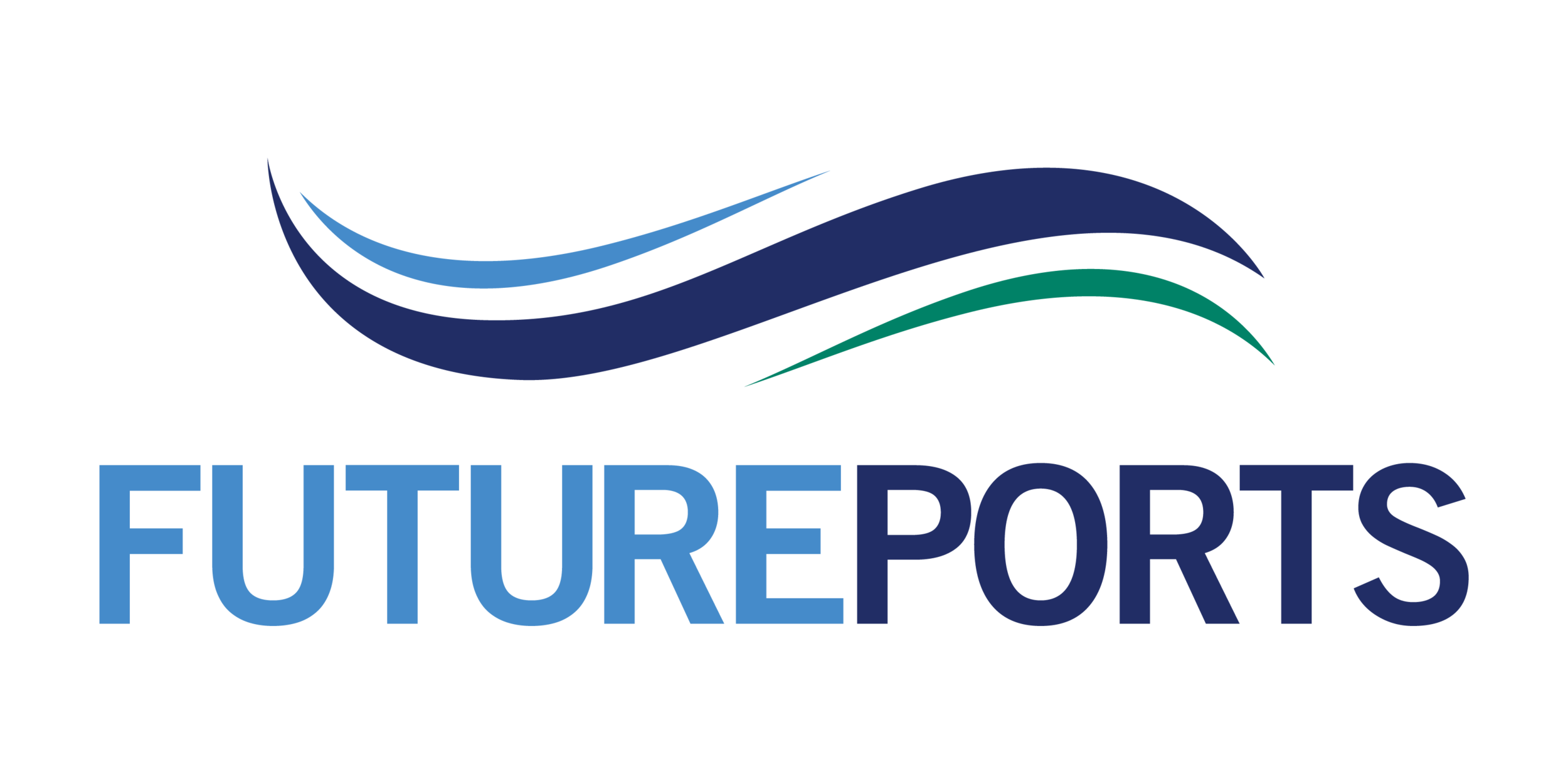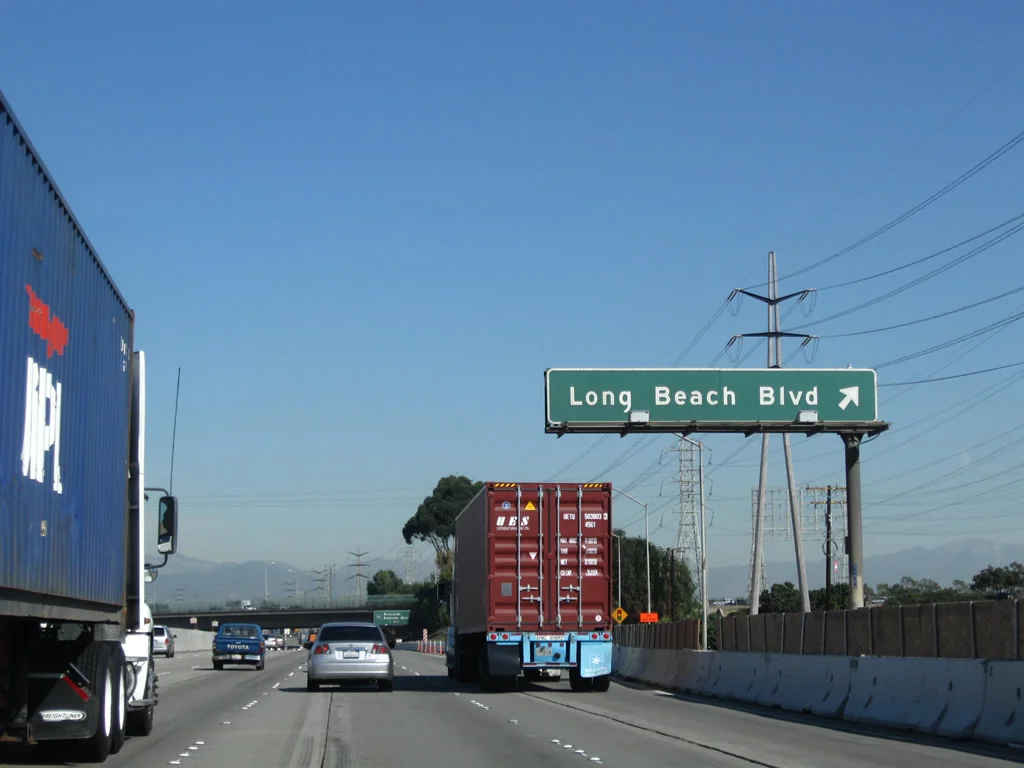Summary
As a result of population growth, an increase in the number of cargo containers arriving at the Ports, increasing traffic volumes, and aging infrastructure, the I-710 freeway experiences serious congestion and safety issues that need to be addressed. Local residents, governments and community groups are working together to figure out how to make the I-710 safer and easier to drive, improve air quality and public health, and improve the freeway's design and traffic flow.
On March 1, 2018 the Metro Board of Directors Approved Alternative 5C as the locally-preferred alternative and authorized staff to move forward with Early Action Projects as well as convene an industry working group dedicated to exploring zero and near zero emissions technologies that could be used in the corridor to reduce diesel emissions.
See the Metro Board Motions and Staff reports
Background
In 2012 Metro released a Draft EIR/EIS was released for public comment. Based on the comments received and new information, a new set of alternatives was developed and has been analyzed in the RDEIR/SDEIS that was released on July 21, 2017. The alternatives studied in the RDEIR/SDEIS include Alternative 1 (No Build), Alternative 5C (Modernization of I-710 Freeway), and Alternative 7 (Modernization and Addition of a Clean-Emission Freight Corridor). All build alternatives proposed also include programmatic elements, including a zero emission/near zero emission truck deployment program, expanded transit services, and a community health benefit program.
Metro’s objectives for the I-710 Corridor Project EIR/EIS are shaped by priorities identified by stakeholders along the I-710 corridor during and following the MCS effort. These objectives include developing transportation alternatives that will:
- Improve air quality
- Improve mobility, congestion and safety
- Assess alternative, green goods movement technologies
Read More About the I-710 Project By Visiting the project website
Key Takeaway
ACTION
FuturePorts Supported Alternative 5C, approved by the Metro Board on March 1, 2018.

